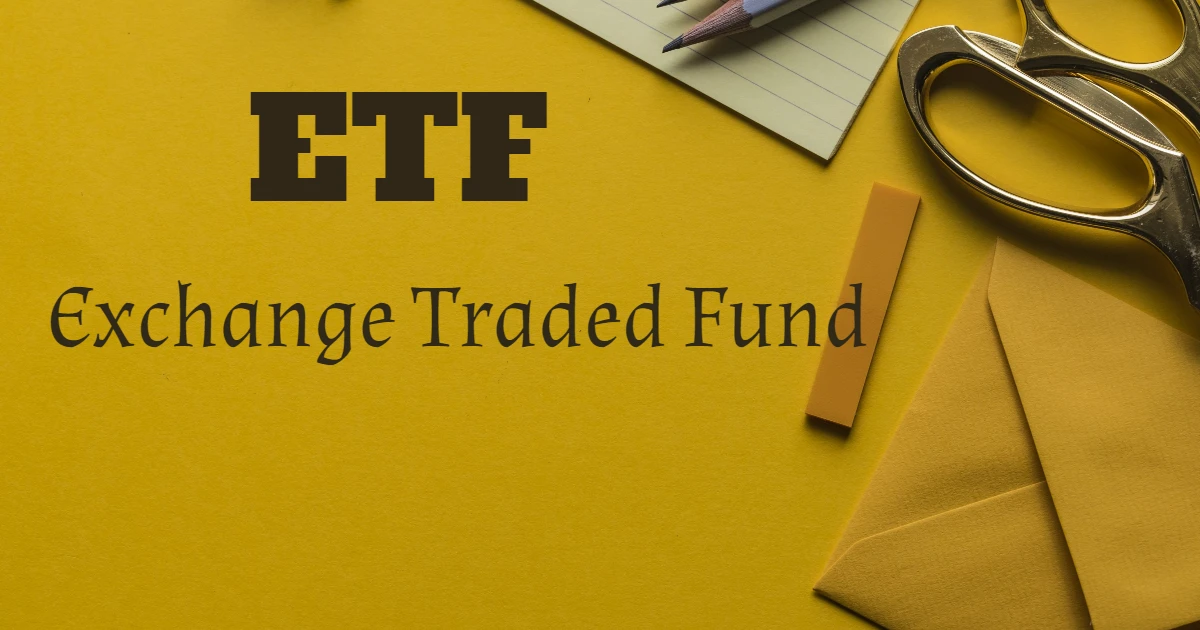MNC Funds are investment vehicles that are managed by multinational companies and offer investors access to a diversified portfolio of securities across global markets. MNC Funds can provide investors with a wide range of benefits, including exposure to new markets, reduced risk through diversification, and potentially higher returns.
However, investing in MNC Funds can also be complex and involve various risks that investors should be aware of. In this post, we’ll dive into what MNC Funds are, how they work, the risks and returns associated with them, and how to evaluate them to make informed investment decisions.
What is MNC Fund?
MNC Funds are mutual funds or investment funds that are managed by multinational companies. These funds invest in a variety of securities, such as stocks, bonds, and other financial instruments, across multiple markets worldwide.
MNC Funds are designed to provide investors with exposure to a diversified portfolio of assets, thereby reducing risk and potentially increasing returns.
Investing in MNC Funds can be a good option for investors looking to diversify their portfolio and gain exposure to global markets. However, it is essential to understand the risks associated with MNC Funds, such as market volatility, currency fluctuations, and political risks in different countries.
Major Listed MNC companies in India
| Company | Major Brand | In India | Global MNC | Inception Year |
|---|---|---|---|---|
| Hindustan Unilever | Dove, Brook Bond, Vaseline, Surf | 1931 | Unilever | 1929 |
| Nestle India | Maggie, Nescafe, Kitkat | 1959 | Nestle S.A. | 1905 |
| Colgate-Palmolive | Colgate | 1937 | Colgate Palmolive | 1806 |
| Siemens | Siemens | 1957 | Siemens AG | 1847 |
| Honeywell | Honeywell | 1984 | Honeywell Intl. | 1885 |
| Bata India | Hush Puppies, Power, Scholl | 1931 | Bata Brands SA | 1894 |
| Kansai Nerolac Paint | Nerolac Impressions | 1920 | Kansai Paint | 1918 |
| Cummins | Cummins Excavator | 1962 | Cummins Inc | 1919 |
| Bosch | Bosch mySPIN | 1951 | Robert Bosch GmbH | 1886 |
| Maruti | Swift, Ertiga | 1981 | Suzuki Motor | 1909 |

Why Invest in MNC Funds:
- Good corporate governance refers to the practices and policies implemented by a company’s management to ensure transparency, accountability, and fairness in its operations. A reputable MNC Fund should have a proven track record of adhering to high standards of corporate governance and financial reporting.
- Strong brand identity is characterized by the widespread recognition and reputation of a brand across different regions and markets. A reputable MNC Fund typically invests in companies with well-established and recognized brands that have a long-standing history of success. Examples of such brands include Maggi, Nestle, Colgate, Bata and Maruti.
- Superior technology capability refers to a company’s ability to develop and implement advanced technologies to improve its products or services. A reputable MNC Fund typically invests in companies with strong research and development support and a focus on innovation. Such companies are better positioned to stay ahead of the competition and adapt to changing market conditions.
- A strong financial position refers to a company’s ability to manage its financial resources effectively, including its revenue, expenses, assets, and liabilities. Companies with a strong financial position are better equipped to weather economic downturns and invest in growth opportunities.
- A track record of attractive returns with low volatility and better resilience during market downswings. Historical trend of consistent and stable returns with minimal fluctuations or volatility, along with the ability to weather market downturns and maintain performance.

overview of how to evaluate MNC Funds:
- Investment Objective: Investors should carefully evaluate the investment objectives of a particular MNC Fund to determine if it aligns with their investment goals. Some funds may focus on capital appreciation, while others may prioritize generating income.
- Risk Profile: Investors should also evaluate the risk profile of a particular MNC Fund to determine if it aligns with their risk tolerance. Funds with higher levels of risk may offer the potential for higher returns, but also come with greater potential for capital losses.
- Performance: Investors should evaluate the historical performance of a particular MNC Fund to determine if it has a track record of achieving its investment objectives. It’s important to note that past performance is not indicative of future results, but evaluating historical performance can provide insights into a fund’s investment strategy and management.
- Fund Manager: The fund manager’s experience and track record can also be an important factor in evaluating MNC Funds. Investors should research the fund manager’s investment philosophy, performance history, and experience managing similar funds.
- Portfolio Composition: Investors should evaluate the portfolio composition of a particular MNC Fund to determine if it provides adequate diversification across global markets. The portfolio composition should align with the fund’s investment objectives and risk profile.
Investible Universe
| No of Companies | Nifty MNC | eligible in Nifty 500 | eligible outside Nifty 500 | Across universe |
|---|---|---|---|---|
| Large-Cap | 10 | 10 | 0 | 10 |
| Mid-Cap | 19 | 27 | 0 | 27 |
| Small-Cap | 1 | 17 | 88 | 105 |
| Total Companies | 30 | 54 | 88 | 142 |
Historical Performance of MNC Funds
The historical performance of MNC Funds is an important factor to consider when evaluating these funds.
While past performance does not guarantee future results, it can provide valuable insights into a fund’s investment strategy and management.
Investors should examine a fund’s historical returns over different time periods, such as one year, three years, and five years. They should also compare the fund’s performance to a relevant benchmark. Investors can use this information to evaluate how well the fund has performed relative to its peers and to the broader market.
Additionally, investors should consider any periods of underperformance or significant losses, and evaluate the fund’s performance during different market conditions, such as bull markets and bear markets.
Performance of MNC Fund
Aditya Birla MNC Fund
SBI Magnum Global Fund
| Fund Manager | Mr. R Srinivasan |
| Inception Date | 30 Sep 1994 |
| AUM | 5,369.83 Cr (31 Jan 23) |
| 1 Yr | 3 Yr | 5 Yr | |
|---|---|---|---|
| SBI Mangnum Global Fund | 1.95% | 16.42% | 9.60% |
| Nifty MNC | 4.22% | 13.72% | 7.20% |
| Sensex | 3.98% | 14.83% | 11.93% |
UTI MNC Fund
ICICI Pru MNC Fund
Investment Strategy
Scheme invest in multi-national companies which can be segregated in three category:
- India Multi-national companies – Companies incorporate in India with business operation across globe
- Multi-national companies – Foreign companies having business in India and listed on Indian Stock Exchanges.
- Global Multi-national companies – Foreign companies having business operation across globe but not listed on Indian stock exchanges
Scheme follow Bottom-up approach while selecting stocks.
| Fund Manager | Roshan Chutkey |
| Inception Date | 17 Jun 2019 |
| AUM | 1304.37 Cr (31 Jan 23) |
Performance of 1000 monthly SIP
| 1 Yr | 1 Yr Amt | 3 Yr | 3 Yr Amt | |
|---|---|---|---|---|
| ICICI MNC Fund | 2.53% | 12,164 | 19.25% | 47,772 |
| Nifty MNC | 4.56% | 13.19% | ||
| Nifty 50 | 4.88% | 16.37% |
HDFC MNC Fund
Investment Strategy
- Bottom-up approach portfolio construction
- Core portfolio would consist of MNCs, which will include
- companies having foreign promoter shareholding >50% or
- companies that form part of Nifty MNC TRI Index
- Focused strategy of max 30 stocks
- Focused on growth & quality at reasonable valuation
- Multi-cap strategy with investment across market cap segment
Bottom Line
In conclusion, investing in MNC funds can be a lucrative option for investors looking for long-term growth and diversification. However, it’s important to thoroughly research and analyze the performance, risks, and fees associated with each fund before making a decision.
By considering factors such as fund manager expertise, portfolio diversification, and past performance, investors can make informed decisions and potentially reap significant returns on their investment.
As always, it’s crucial to consult with a financial advisor or professional before making any investment decisions to ensure alignment with your financial goals and risk tolerance.


